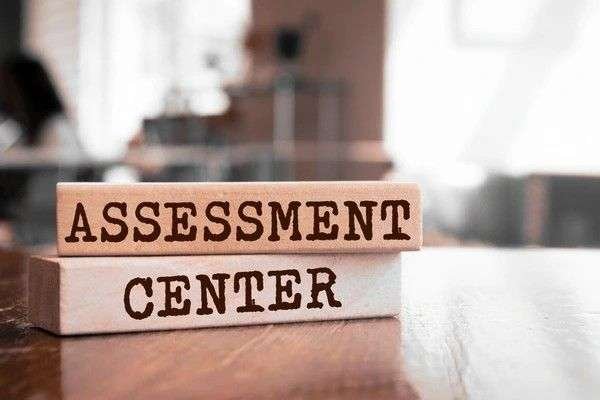An assessment centre is a structured evaluation process used by organizations to assess the abilities, skills, and potential of candidates for various roles within the company. It typically involves a series of exercises and simulations designed to gauge different aspects of a candidate’s suitability for a particular job or position.
Table of Contents
Key Aspects of Assessment Centres
Overview and Purpose
- Evaluation Method: Uses multiple assessment techniques to provide a comprehensive view of candidates’ capabilities.
- Participant Interaction: Involves interaction with assessors, often including group activities and individual tasks.
Importance of Assessment Centres
- Selection Accuracy: Helps in identifying candidates who possess the necessary skills and qualities required for specific roles.
- Development Insights: Provides insights into candidates’ potential for future development and career progression within the organization.
Example of Assessment Centre Activities
- Role-Play Exercises: Simulates real-world scenarios to assess candidates’ problem-solving and interpersonal skills.
- Group Discussions: Evaluates teamwork, leadership, and communication abilities in a collaborative setting.
Benefits of Using Assessment Centres
- Comprehensive Evaluation: Offers a holistic view of candidates’ capabilities beyond traditional interviews.
- Objective Assessment: Reduces bias through standardized evaluation criteria and multiple assessors.
Types of Assessment Centre Exercises
- In-Tray Exercises: Simulates handling of tasks and priorities within a specified timeframe.
- Psychometric Tests: Measures cognitive abilities, personality traits, and behavioral tendencies.
How Assessment Centres Work
- Preparation: Designing assessment criteria and selecting relevant exercises based on job requirements.
- Execution: Conducting assessment sessions with trained assessors and providing feedback to candidates.
Risks and Challenges
- Resource Intensive: Requires significant time, effort, and financial resources to organize and conduct effectively.
- Candidate Experience: Ensuring candidates have a positive experience regardless of the outcome.
Strategies for Effective Assessment Centres
- Clear Objectives: Aligning assessment activities with job roles and organizational goals.
- Feedback Mechanism: Providing constructive feedback to candidates to support their professional growth.
Regulatory Considerations
- Fair Employment Practices: Adhering to legal and ethical guidelines in recruitment and selection processes.
- Data Protection: Safeguarding candidate information and ensuring compliance with privacy regulations.
Conclusion
Assessment centres are valuable tools used by organizations to assess candidates’ suitability for roles through a structured and objective evaluation process. By incorporating diverse assessment techniques such as role-play exercises, group discussions, and psychometric tests, assessment centres provide a comprehensive view of candidates’ abilities, potential, and fit within the organizational culture. Despite challenges related to resource allocation and candidate experience, effective planning, execution, and adherence to regulatory standards ensure the integrity and effectiveness of assessment centres in supporting informed hiring decisions and promoting talent development within organizations.





